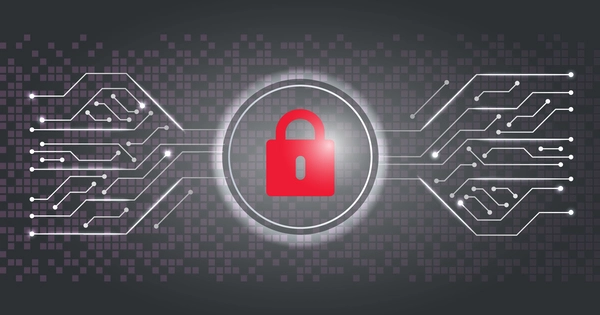Cyberbiosecurity is a new field that exists at the crossroads of cybersecurity and biosecurity. It focuses on protecting biological and biotechnological research, data, and infrastructure against cyber threats. It is part of a system of policies aimed at “safeguarding the bioeconomy,” as stated by the National Academies of Sciences, Engineering, and Medicine of the United States.
Cyberbiosecurity is vital to preventing potential misuse of biotechnology, the theft of biological data, and the disruption of critical infrastructure such as healthcare systems and research institutions. It involves the convergence of cybersecurity and biosecurity, addressing the vulnerabilities and threats associated with developments in biotechnology, genomics, and the rising digitization of biological research.
Key aspects of cyberbiosecurity include:
- Data Protection: Securing and protecting biological and genomic data, which may contain sensitive information about individuals and species. This includes data storage, transmission, and access security.
- Biotechnology Security: Keeping unauthorized people from accessing and manipulating biological materials, studies, and procedures. This covers the safeguarding of biotech research facilities and equipment.
- Bioinformatics Security: Cyber threats to bioinformatics tools, software, and databases utilized in genomics and molecular biology research.
- Supply Chain Security: Ensure the integrity and security of the biological materials and equipment supply chain to prevent contamination, tampering, or theft.
- Resilience and Disaster Recovery: Developing strategies and protocols to maintain the continuity of biological research and healthcare systems in the event of a cyberattack. Addressing the ethical implications of cyberbiosecurity and ensuring compliance with relevant regulations and guidelines.
Cyberbiosecurity is especially essential in the context of synthetic biology, gene editing, and other modern biotechnologies, because these fields have the potential to develop powerful biological agents or modify organisms in ways that, if exploited, might pose serious security threats. Researchers, institutions, and governments can reduce the risk of these technologies falling into the wrong hands and assure the responsible use of biotechnology by establishing rigorous cyberbiosecurity safeguards.
As the area of biotechnology advances, the need for comprehensive cyberbiosecurity measures to prevent possible dangers such as data breaches, illegal access to sensitive information, and biological system manipulation becomes increasingly crucial. To secure their biological assets and ensure the integrity and security of their operations, research institutions, healthcare facilities, and biotechnology firms are aggressively investing in cyberbiosecurity measures.















